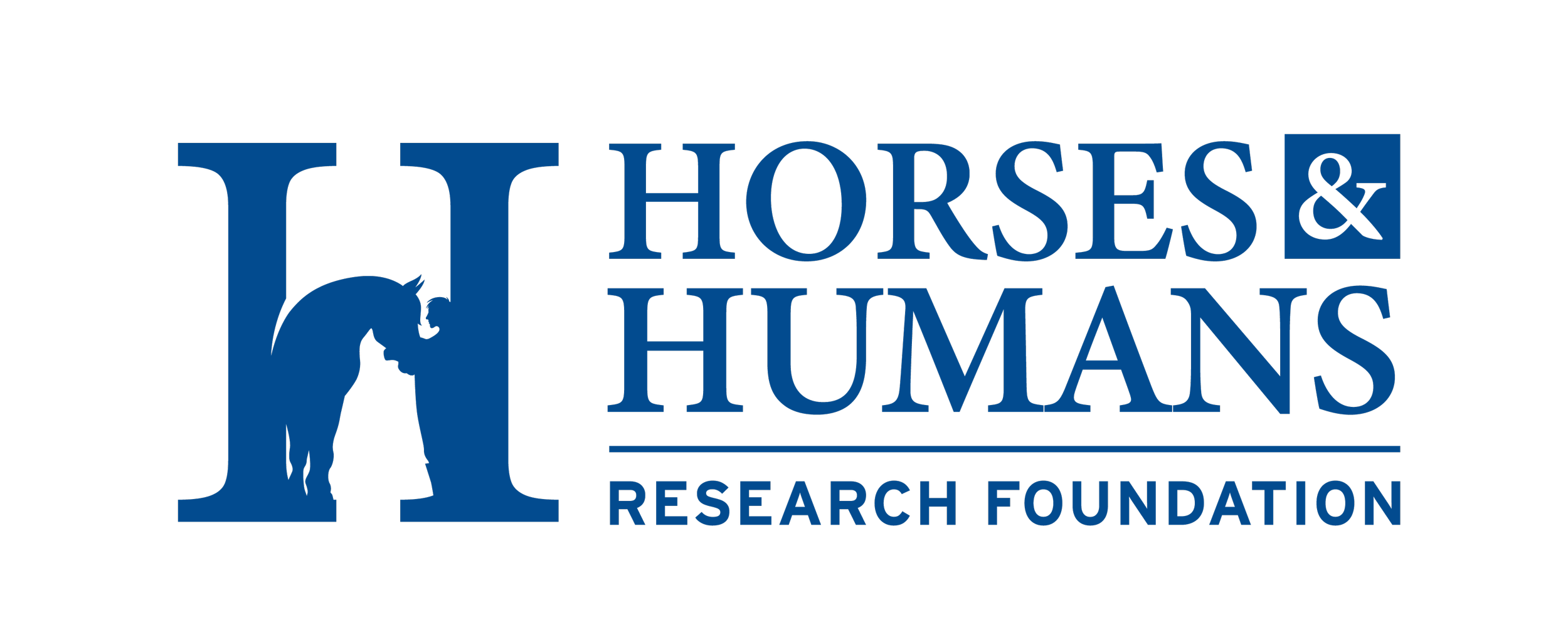By Kimberly S. Brown
We horse folk understand the joy and peace of working around our equine partners. Therapeutic riding has been proven to help reduce stress in young adults (ages 14-25) with autism spectrum disorder, according to recent research funded by the Horses and Humans Research Foundation (HHRF).
Those with autism who are transitioning into adulthood face stress daily, and the symptoms of autism become barriers to health and wellness. There has been little previous research into this age group as it relates to therapeutic riding.
A research project headed by Betsy Kemeny, PhD, an assistant professor at Slippery Rock University in Pennsylvania, determined that therapeutic riding could temporarily decrease the stress of young adults with autism. Cortisol levels (an indicator of stress in horses and humans) were statistically decreased in this young adult group involved with therapeutic riding compared to controls.



